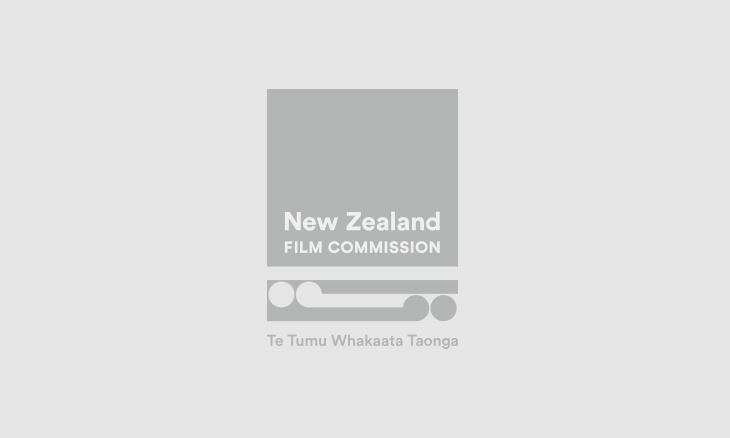
Two New Zealand projects, short film Breathe and augmented reality installation ATUA, will be viewed for the first time at next year’s Sundance Film Festival.
Funded through Te Tumu Whakaata Taonga’s New Zealand Film Commission (NZFC) Catalyst He Kauahi short film fund, Breathe was written and directed by Stephen Kang and produced by Mhairead Connor. Breathe will screen In Competition in the Sundance Film Festival’s Midnight section.
Breathe tells the story of Jaehee, a twelve-year-old girl with a special yet unorthodox ability to heal those who claim to be possessed. Her father has exploited her gift, readily accepting money from those seeking peace from their tormented lives. Jaehee’s growing unease with the situation, puts her and her domineering father on a collision course of love, duty, connection, and something much darker.
Kang says, “While Breathe features something extraordinary happening I feel it will resonate with many of us who have struggled to forge an identity for ourselves; to break away from a cycle of boredom and expectation. Especially the ones who also need to step into the world around them just like I did."
Kang’s previous short Blue, screened In Competition at Cannes Critics Week where it was awarded the Canal Plus Grand Prix.
Funded through the NZFC’s Whakawhanake Te Ao Niko Interactive Development Fund, ATUA was directed by Tanu Gago, co-written by Gago and performance artist Jermaine Dean, and features a digital sculpture modelled on Dean. The augmented reality installation was produced by Nacoya Anderson and Executive Produced by Carthew Neal for Piki Films in collaboration with Auckland-based creative collective FAFSWAG and Wellington interactive company Wrestler, with Kat Lintott as the Interactive Creative Director. The installation has been selected for Sundance’s New Frontier programme.
ATUA reimagines the realm of Pacific gods in this new sculptural AR experience, asking “If your Gods could whisper into your ear, what would they say?”, claiming space for gender diverse communities impacted by colonial contact, to see themselves reflected as vital to their cultural heritage and an intrinsic part of the cosmos.
Gago says, “The AR experience shows that ancient Pacific stories hold relevance today and can be used to navigate the world as it currently stands. It gives access to those who may lack connection with their cultural heritage and brings the spirit and mana of our history to the modern day.”
This year the Sundance Institute is celebrating 40 years of short film programming and Roseanne Liang's Do No Harm, Alison Maclean’s Kitchen Sink and Taika Waititi’s Two Cars, One Night have been included in the Sundance Institute’s 40th Anniversary Short Film Programme. The Sundance Institute runs year-round programmes and activities to provide space for artists to create and share their stories. Maclean developed her feature film Crush at a Sundance Institute Lab in 1991, while Waititi’s Eagle vs Shark was developed through labs in 2005 before debuting at the Sundance Film Festival in 2007.
The 2022 Sundance Film Festival will be held 20-30 January as a hybrid event with both in-person and online events and screenings.